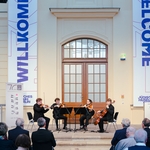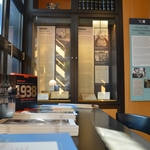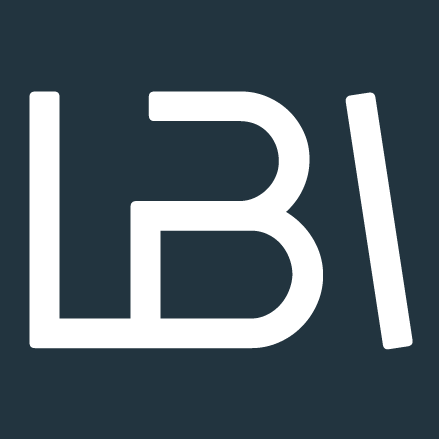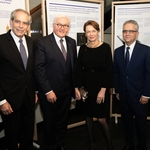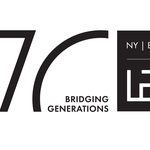Deutschlandjahr Takes German-Jewish History—and LBI—on the Road
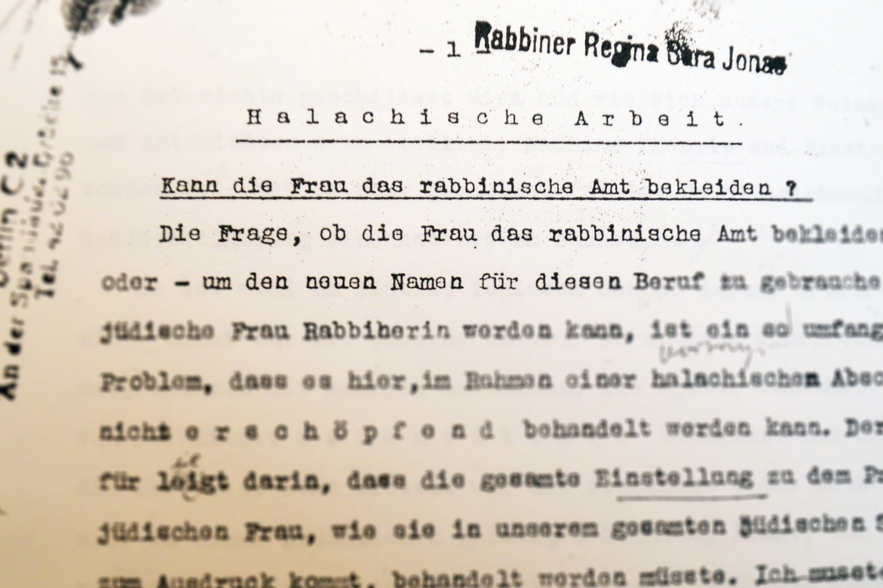
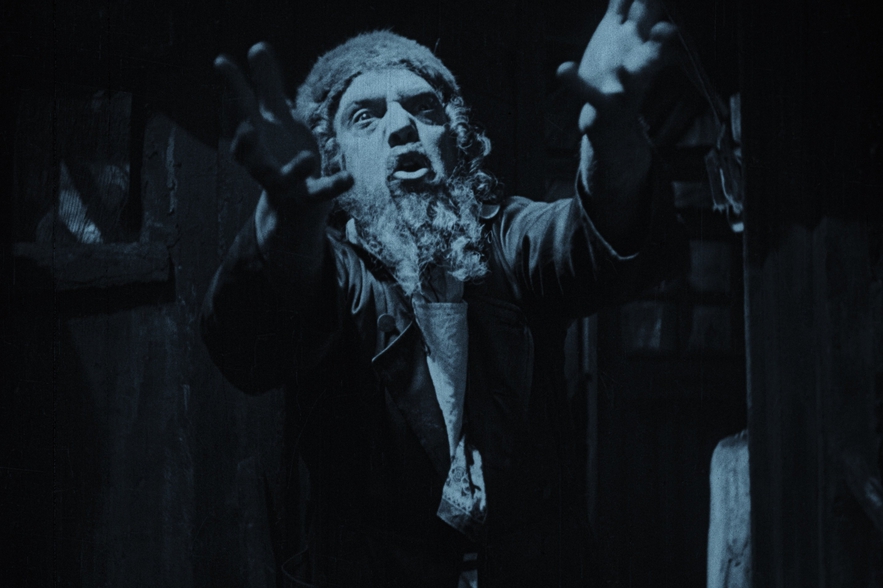
- Author
- David Brown
- Date
- Fri, Nov 1, 2019
The series of nine events across the United States was funded as a part of the Deutschlandjahr USA, a year-long festival celebrating the German American transatlantic partnership through dialogue, experience, and exchange. The Deutschlandjahr is funded by the German Federal Foreign Office, implemented by the Goethe Institute, and supported by the Federation of German Industries (BDI).
According to Executive Director William H. Weitzer, “The Deutschlandjahr afforded LBI a unique opportunity to tell the story of German-Jewish history in parts of the US where we have not been present but which are home to important communal and academic institutions that have strong links to German and German-Jewish history.” United under the theme of “German-Jewish History in the Now,” the diverse events spotlighted the importance of that history to the US and its relevance to issues in today’s world. “While the topics varied, in each venue we were able to introduce LBI’s work, make the link to contemporary issues, and publicize our efforts to grow our collections with new donations,” said Weitzer.
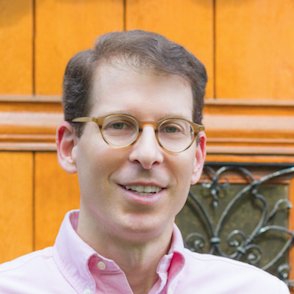
On September 17 in Cleveland, at Case Western’s Siegal Lifelong Learning Center, historian Jay Geller offered a brief history of the collapse of democracy in the Weimar Republic. He diagnosed the contemporary United States with many of the same ills: “There is no doubt that our civil society is more divided than 10 years ago. I would even say that our democracy is weaker than it was five years ago. Institutions are less trusted, and with reason, as politicians cynically manipulate institutions for their own short-term benefit. Our national parliament is less effective than it was 25 years ago. Confidence in the mainstream press has been intentionally eroded.” While Geller doesn’t think that the US will necessarily go the way of the Weimar Republic, he stressed the importance of learning from the past. “There’s no reason to tempt fate,” he said.
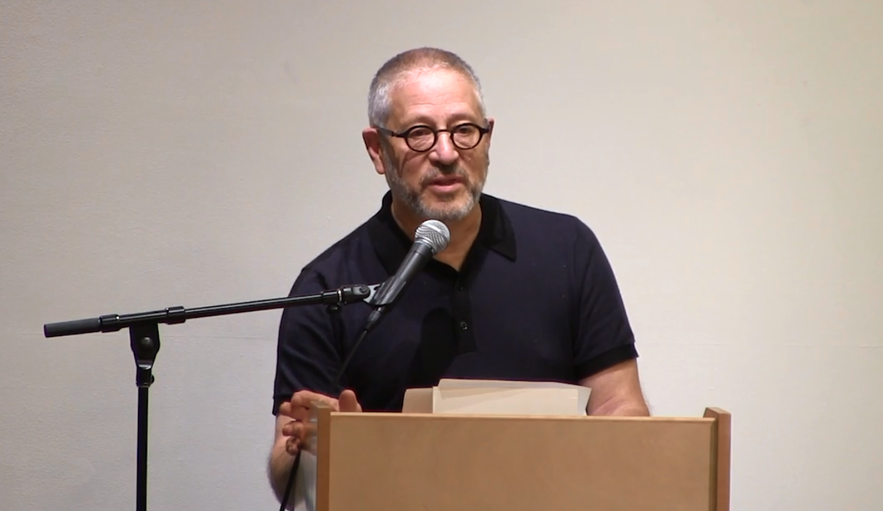
The intentional erosion of confidence in the mainstream press was also the topic of discussion on June 11 at the Oregon Jewish Museum in Portland. Steven Wasserstrom of Reed College drew a connection between claims of “fake news” and antisemitic conspiracy theories. Focusing on the Protocols of the Elders of Zion, he emphasized how myths that offer a unified theory that explains observable inequities in the world through hidden forces can spread rapidly in an era of electronic communications. Wasserstrom offered numerous examples of public figures in thepresent day, from the former White House Press Secretary Sarah Sanders to Hungarian premier Viktor Orbán, who dispute the validity of verifiable information in the mainstream press in favor of theories that confirm their worldview.
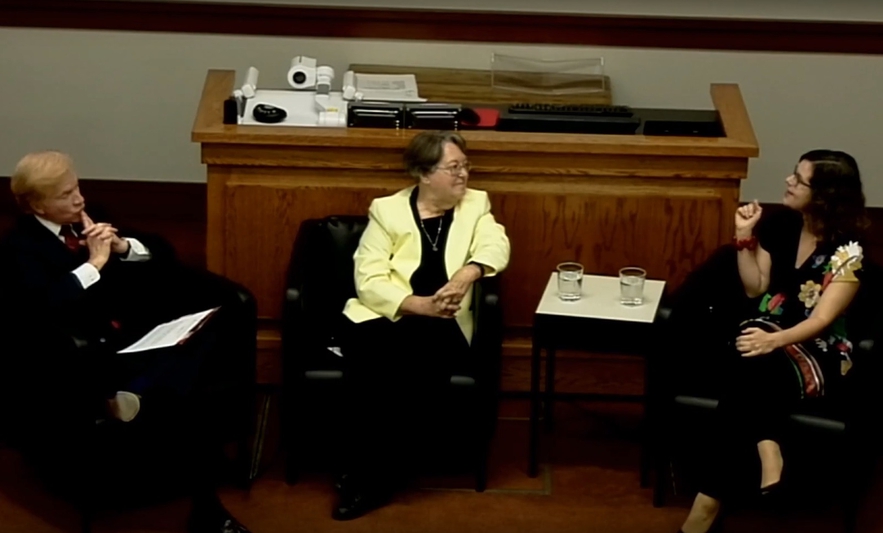
At the Jacob Rader Marcus Center of the American Jewish Archives in Cincinnati on September 17, a trio of Rabbis from different generations and backgrounds discussed how a German-Jewish woman named Regina Jonas paved the way for the ordination of women. The Archives’ Director Gary Zola moderated a discussion between Sally Priesand, who became the first American woman ordained as a rabbi in the US in 1972, and Sonja Pilz, who was ordained in Germany in 2015.
Pilz reflected on her journey to become a Rabbi: “I was the fourth woman to be ordained by the Abraham Geiger College in Germany in its history. My teachers and the school’s rector, Rabbi Walter Homolka, were very supportive of me becoming a rabbi—and yet, I had, like so many rabbis before me, to find out for myself what my rabbinate would look like. Stepping into the rabbinic role always has something of a Sinai moment: You step into the smoke and the ground is shifting—but eventually, after much waiting, learning, and growing, you find something that is your Torah. And once you have found your Torah, it is your responsibility to bring it to the people on the journey with you.”
In his lecture on teaching and scholarship on the Holocaust at the Indianapolis Athenaeum on September 10, historian Mark Roseman of Indiana University at Bloomington began with the once widely accepted myth that the Holocaust was not discussed among Jews in the postwar years. In more recent scholarship, British historian David Cesarani and NYU professor Hasia Diner have both dismantled this myth by demonstrating widespread discussion and commemoration of the murder of European Jews in the postwar years. Awareness of the Holocaust among the general public, Roseman noted, first came with the Eichmann Trial in 1961. In the intervening years, discussion and debate about the Holocaust has proliferated both in scholarship and culture. New avenues of inquiry include study of the perpetrators at every level, from top-ranking Nazis down to ordinary policemen, the collaboration of occupied countries, and the international and even global dimensions of the Holocaust. The newest research introduces concepts such as trauma, memory, medical issues, and— increasingly—comparative genocide studies.
The subsequent panel discussion included Kelly Watson, a local middle school teacher who has developed curricula, organized teacher seminars, and worked with the US Holocaust Memorial Museum for the last 25 years. The discussion focused on the lessons to be drawn and the future of Holocaust pedagogy.
Other events took place in Miami, Atlanta, and Chicago. On October 24, the series will travel to San Diego, where Yale American Studies professor Charles Musser will explore historical and contemporary perspectives on the films The Ancient Law (Germany, 1923) and The Jazz Singer (USA, 1927), addressing the common themes of antisemitism as well as the controversial history of blackface as a theatrical convention. UC San Diego historian Deborah Hertz will moderate a post-lecture discussion with Musser, Cynthia Walk (USC), and Paul Lerner (USC).
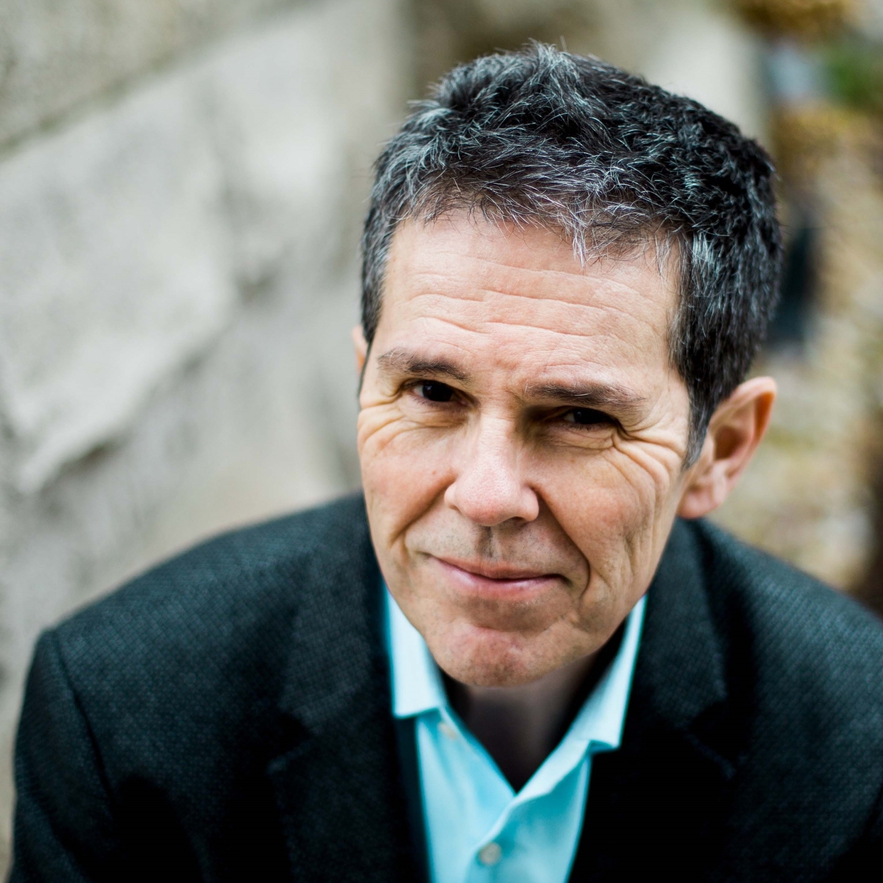
In his lecture on teaching and scholarship on the Holocaust at the Indianapolis Athenaeum on September 10, historian Mark Roseman of Indiana University at Bloomington began with the once widely accepted myth that the Holocaust was not discussed among Jews in the postwar years. In more recent scholarship, British historian David Cesarani and NYU professor Hasia Diner have both dismantled this myth by demonstrating widespread discussion and commemoration of the murder of European Jews in the postwar years. Awareness of the Holocaust among the general public, Roseman noted, first came with the Eichmann Trial in 1961. In the intervening years, discussion and debate about the Holocaust has proliferated both in scholarship and culture. New avenues of inquiry include study of the perpetrators at every level, from top-ranking Nazis down to ordinary policemen, the collaboration of occupied countries, and the international and even global dimensions of the Holocaust. The newest research introduces concepts such as trauma, memory, medical issues, and— increasingly—comparative genocide studies.
The subsequent panel discussion included Kelly Watson, a local middle school teacher who has developed curricula, organized teacher seminars, and worked with the US Holocaust Memorial Museum for the last 25 years. The discussion focused on the lessons to be drawn and the future of Holocaust pedagogy.
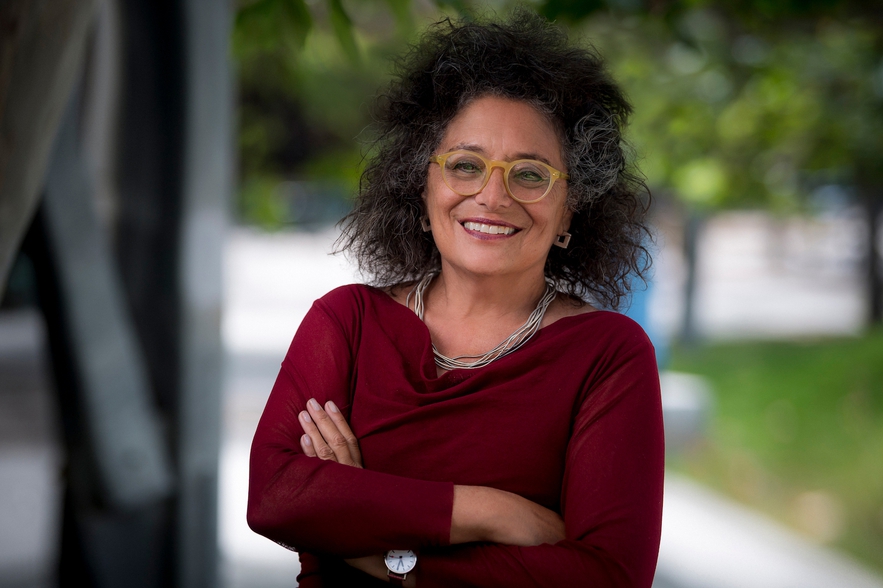
Other events took place in Miami, Atlanta, and Chicago. On October 24, the series will travel to San Diego, where Yale American Studies professor Charles Musser will explore historical and contemporary perspectives on the films The Ancient Law (Germany, 1923) and The Jazz Singer (USA, 1927), addressing the common themes of antisemitism as well as the controversial history of blackface as a theatrical convention. UC San Diego historian Deborah Hertz will moderate a post-lecture discussion with Musser, Cynthia Walk (USC), and Paul Lerner (USC).
From LBI News No. 108
